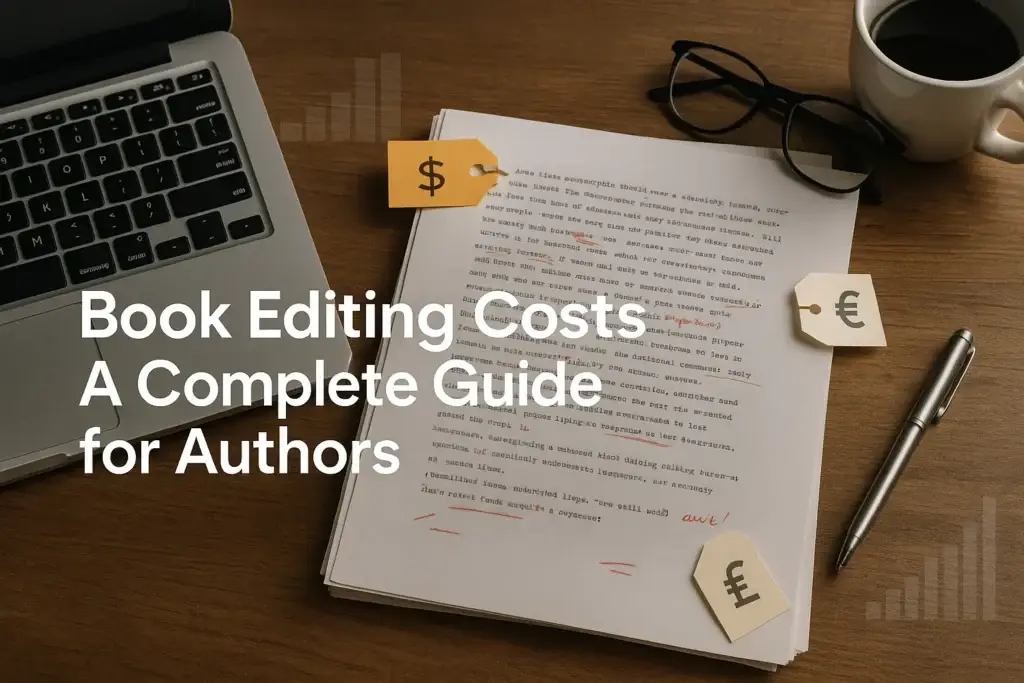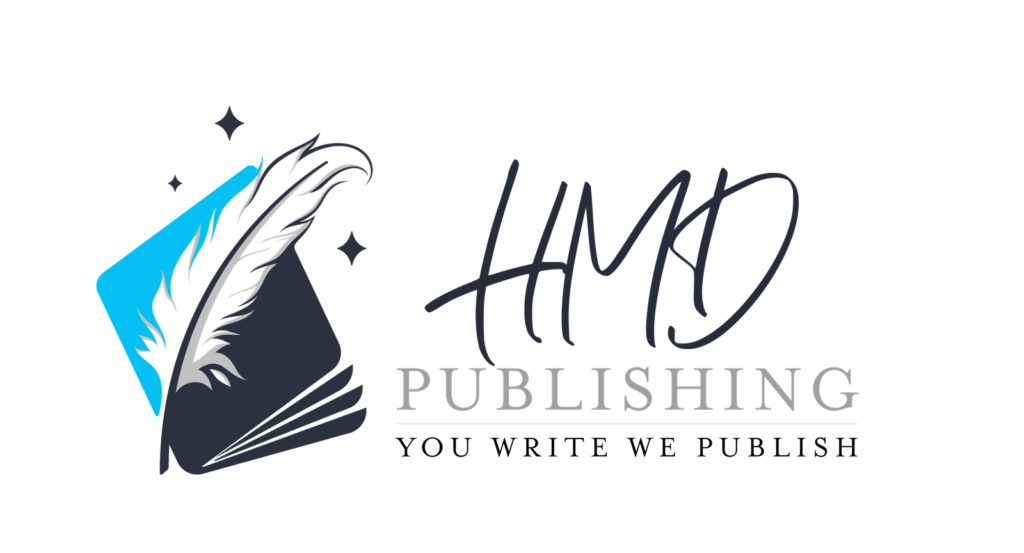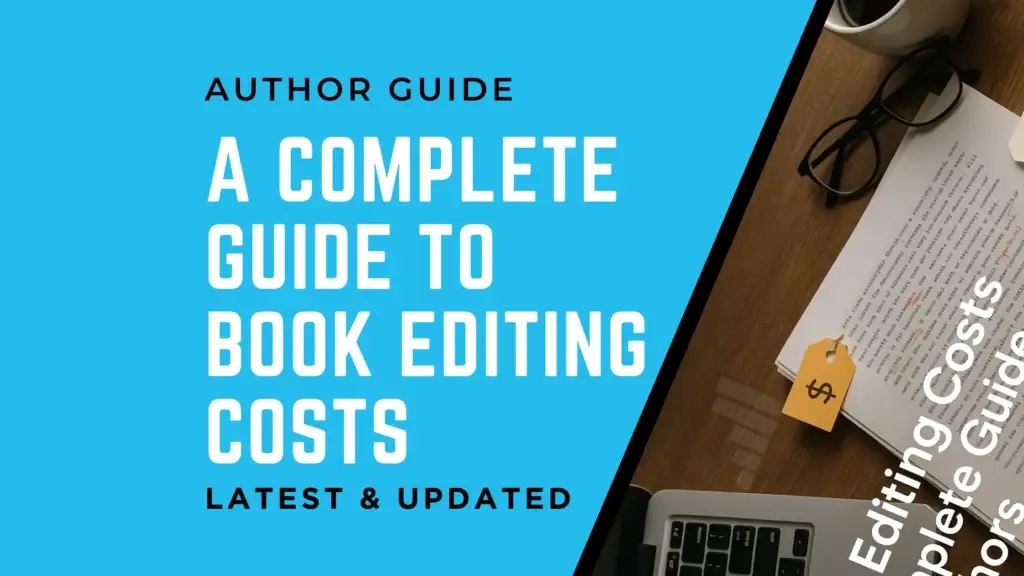How do you turn a rough manuscript into a polished, publishable book? For most authors, the answer lies in editing, a step that can make or break the final product. Whether you’re just starting out or have a few titles to your name, knowing how editing works, what it costs, and which type fits your needs is essential. This post will walk you through the key things to consider so you can budget wisely and invest in the kind of editing that gives your book its best shot.
How Much Does It Cost to Get a Book Edited?
Professional book editing costs can differ greatly based on factors like the kind of editing you need, how long your manuscript is, how experienced the editor is, and how complex your project may be.. Professional editing services typically range from $800 to $10,000 for a complete book, with most authors investing between $2,000 and $5,000 for comprehensive editing services during their publication journey.
- Per-word rates represent the most common pricing structure in the industry. According to the industry data from the Editorial Freelancers Association and marketplace platforms like Reedsy, editors charge between $0.01 and $0.08 per word, depending on the service level. This translates to approximately $800 to $6,400 for a standard 80,000-word manuscript.
- Hourly rates typically range from $25 to $100 per hour, with experienced editors commanding higher fees. Most professional editors charge between $40 and $65 per hour for standard editing services.
The manuscript genre also impacts pricing, with nonfiction generally costing 10-15% more than fiction due to the additional fact-checking and research verification required.

How much does it cost to edit a 200-page book?
A 200-page book typically contains approximately 55,000 words (assuming 275 words per page). Here are the details discussed below:
- Developmental editing focuses on the bigger picture of your publication story by refining the plot, strengthening character growth, and ensuring the overall flow feels cohesive and engaging. This in-depth editing stage usually comes with a higher price tag due to the level of involvement it requires. $2,200 to $4,400 for a 200-page book.
- Copy editing addresses grammar, punctuation, and consistency issues, ranging from $1,100 to $2,200 for the same manuscript length.
- Proofreading serves as the final polish, catching remaining typos and formatting errors, typically costing $660 to $1,320.
While most authors don’t require all editing types, many choose either developmental editing followed by copy editing, or simply copy editing and proofreading, depending on their manuscript’s current state.
What are the average book editing rates in 2025?
The editing industry has seen steady rate increases in 2025, driven by increased demand for professional services. Current market rates reflect the following trends as discussed below:
Premium editors with Big Five publishing house experience now charge $75 to $100+ per hour, representing a 15-20% increase from 2024 rates.
Mid-tier professionals typically charge $45 to $65 per hour, while newer editors often start at $25 to $40 per hour.
Specialized editing services command higher rates, with technical and academic editing reaching $0.10+ per word due to the expertise required.
Rush projects typically include a 25-50% surcharge for expedited turnaround times, reflecting the premium placed on editor availability
The market has also seen increased transparency in pricing, with many editors now providing detailed rate sheets and project estimates upfront, helping authors budget more effectively.
What’s the difference between free and paid book editing?
While professional editing represents a significant investment, several free alternatives exist for budget-conscious authors:
- Free editing software like ProWritingAid, Grammarly, and Hemingway Editor can catch basic grammar and style issues, though they cannot replace human judgment for complex editorial decisions.
- Free sample edits are offered by many professional services, including Scribendi, BookBaby, and various freelance editors, allowing authors to test compatibility before committing to paid services.
- Writing communities and critique groups provide peer feedback at no cost, though the quality varies significantly based on participants’ experience levels.
- Beta readers offer valuable feedback on story elements and readability, serving as an important step before professional editing.
However, free options have significant limitations, such as they cannot provide the comprehensive structural feedback, genre expertise, or professional polish that paid editors deliver. Free tools excel at catching surface-level errors but miss deeper issues like plot holes, character development problems, or market positioning concerns.
Professional editing offers several advantages: industry expertise, objective feedback, genre-specific knowledge, and the ability to elevate manuscripts to publication standards. Most successful authors view professional editing as an essential investment rather than an optional expense.
Can I Pay Someone to Edit My Book?
Yes, hiring a professional editor is not only possible but strongly recommended for authors serious about publishing success. What matters most is choosing an editor who aligns with your goals and fits within your budget.
- Where to find editors: Popular platforms include HMD Publishing, Reedsy, Upwork, Fiverr, and professional associations like the Editorial Freelancers Association. Each platform offers different advantages, from vetted professionals to competitive pricing. If you contact HMD Publishing with reference to this article, you will get a FREE GIFT from us.
- Vetting potential editors involves reviewing their portfolio, checking client testimonials, and requesting sample edits. Seek editors who specialise in your genre and have a solid background in the industry or formal editing training.
- Budget considerations should account for your publishing goals. If you’re targeting traditional publication, investing in higher-tier editing services may be worthwhile. Self-publishing authors can often achieve good results with mid-tier services combined with careful self-editing.
- Payment structures vary, with most editors requiring 25-50% upfront and the remainder upon completion. Some offer payment plans for larger projects.
- Timeline planning is crucial, as quality editors often book 4-8 weeks in advance. Factor editing time into your publication schedule to avoid rushing decisions or accepting lower-quality work.
Editing usually goes through several stages, where editors share in-depth feedback and recommend changes to enhance the overall quality. This collaborative process helps transform rough manuscripts into polished, professional publications ready for readers.
Investing in professional editing represents one of the most valuable steps authors can take toward publishing success, providing the expertise and objective perspective necessary to compete in today’s competitive book market. If you need more information on book editing, Book Free Consultation




